Real Estate Moguls and One Savvy Rabbi
Expert panel expounds on post-COVID factors, growth areas and crime.
After 37 years with the Atlanta Journal-Constitution and now with the AJT, , Jaffe’s focus is lifestyle, art, dining, fashion, and community events with emphasis on Jewish movers and shakers.
We are back!” declared Intown Chabad Rabbi Eliyahu Schusterman as he welcomed the crowd of more than 100 to the Jewish Business Network Real Estate Symposium “State of the Market in a Post Covid World.”
After networking outside the Chabad center, just feet from the active Atlanta Beltline, attendees filled the room with open ears to glean the acres of wisdom dolled out by the varied panel: Sponsor David Weinstein of the Law Offices of David E. Weinstein; moderator A.J. Robinson, president of Central Atlanta Progress; Norman Radow, founder and CEO of RADCO Companies; Nathan Kaplan, partner with Kaplan Residential; and Nicholas Imerman, principal with Broadland Homes.
Starting the program, Schusterman offered a L’Chayim for coming out of COVID. “We are back with people! COVID has changed us where we had to achieve a balance in our journey from day to day.” He noted that the week’s Torah portion was the longest, combining Matos and Masei in conflict: strength and flexibility, both important.
Schusterman announced the upcoming Aug. 10-15 National Jewish Retreat to be held in Stone Mountain’s Evergreen Marriott Conference Resort with high-caliber speakers and the best in kosher dining.
Schusterman got strong audience reaction when he revealed his affinity and accomplishments in real estate. “If I wasn’t a rabbi, I wouldn’t have done so badly in real estate, having negotiated four houses and a $9 million facility on the Beltline!” Robinson later concurred. The rabbi introduced Weinstein, whose marriage he had recently performed and who contributed pro-bono legal services to the culmination of the Beltline building.
Weinstein spoke of high demand and changing supply in the real estate market before introducing the panel. Robinson represented the importance of downtown Atlanta with projects like The Gulch and The Stitch, and his executive background with Portman Holdings, Ltd. Radow, a New York University-educated attorney, came onto the real estate scene with the Four Seasons Hotel and 150 subsequent projects. Imerman’s single-family homes are known for their design and quality, and Kaplan is a third-generation real estate exec whose downtown Centennial Park project Generation is now rebounding at 50 percent occupancy after COVID closed down the jobsite.
Robinson evaluated post-COVID winners. “Warehouses, industrial and single-family are off the charts versus the more harder-hit hotels and office space markets. Remaining optimistic, compared to other cycles, they may be treading water, and yet coming back without financial demise.”
Radow spoke of RADCO being an “opportunity” company with 3,005 condo units “now bullish on multi-family.” He listed six market factors:
- Pandemic: nothing like this has happened in 102 years
- Global effect on the economy
- Unemployment at 14-15 percent
- Unprecedented stimulus
- Dropping interest rates
- Eviction moratorium and corresponding legal issues, of which Radow said, “It makes no sense; landlords have to look at this as a ‘tax’ we have to pay to cover the losses.”
Kaplan noted that with increased prices, those struggling to afford a home will go back to apartment rentals. He spoke of markets such as Charlotte and Avondale Estates. “There is so much capital out there, especially coming out of Florida; we started a pipeline fund. We are doing a 55-plus project in Dallas, Ga., with no slopes for seniors [mobility].
“There are some negative factors like increased lumber prices, and a material shortage that can shut projects down.” Radow also spoke of other opportunities in organic rent growth, “Think of our project in Henry County getting rents higher than Midtown.”
The event closed with an audience question about “the elephant in the closet,” Atlanta’s scary crime reputation. Robinson took that on, “This has always been a struggle now more prominently on the news. We came out of the 1980 child murders, and the demise of Underground Atlanta. Atlanta has a deep culture of blacks and whites getting along at its core in a civic bond. [Crime] also happens in the suburbs like the recent murder of the Kennesaw golf pro. All eyes are on the next mayor with crime and public safety being the main issues. Our city government officials have been neglectful.”
Still, Robinson is optimistic. “It used to be people came here for a job. Now it’s lifestyle and the density of multifamily and infrastructure that leads to live, work, play, even walk to shul areas like the BeltLine, and around dense areas of Cumberland, Perimeter and Gwinnett.”
Radow concluded, “Remember the big money comes at the end of the cycle.”
- News
- Local
- Marcia Caller Jaffe
- Intown Chabad
- Rabbi Eliyahu Schusterman
- Atlanta BeltLine
- David Weinstein
- A.J. Robinson
- Norman Radow
- Nathan Kaplan
- Nicholas Imerman
- National Jewish Retreat
- Stone Mountain’s Evergreen Marriott Conference Resort
- The Gulch
- The Stitch
- Four Seasons Hotel
- Centennial Park
- Charlotte
- Avondale Estates
- Henry County
- Midtown
- Underground Atlanta
- COVID
- Kennesaw
- Cumberland
- Perimeter
- Gwinnett



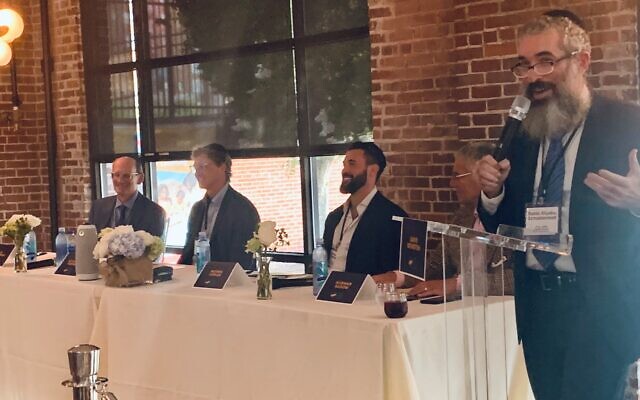
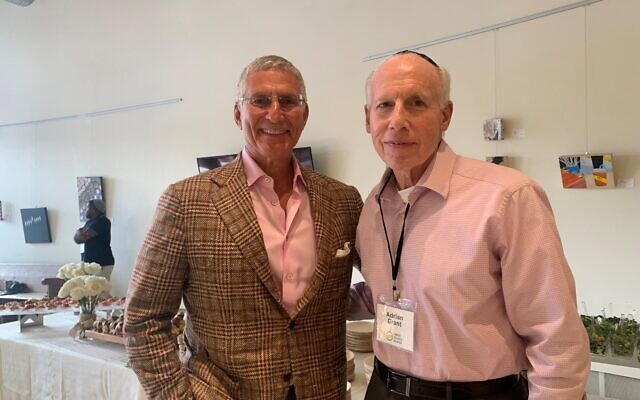

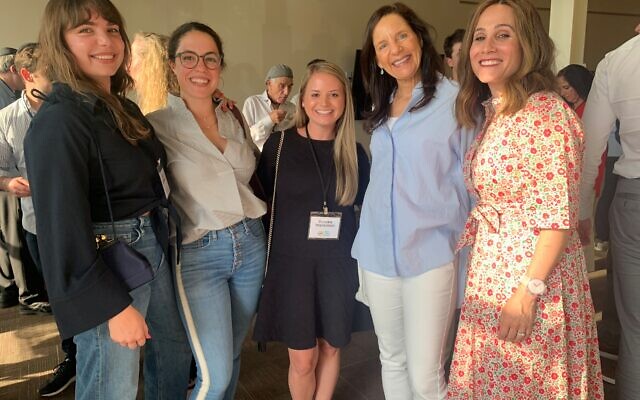
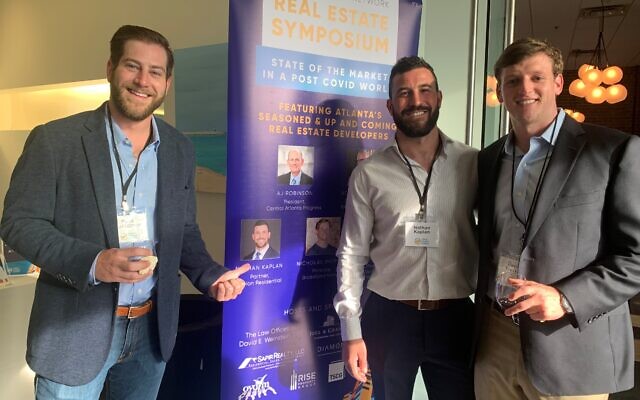
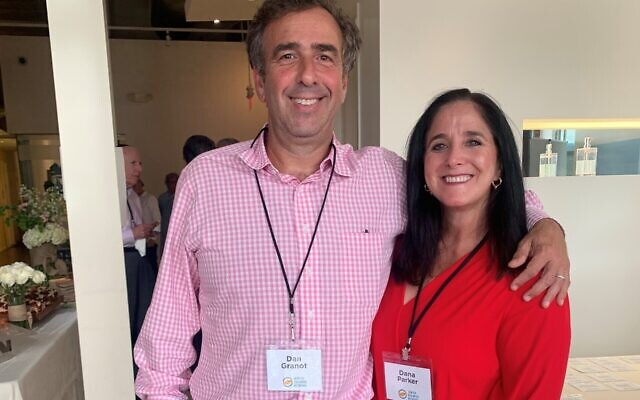
comments